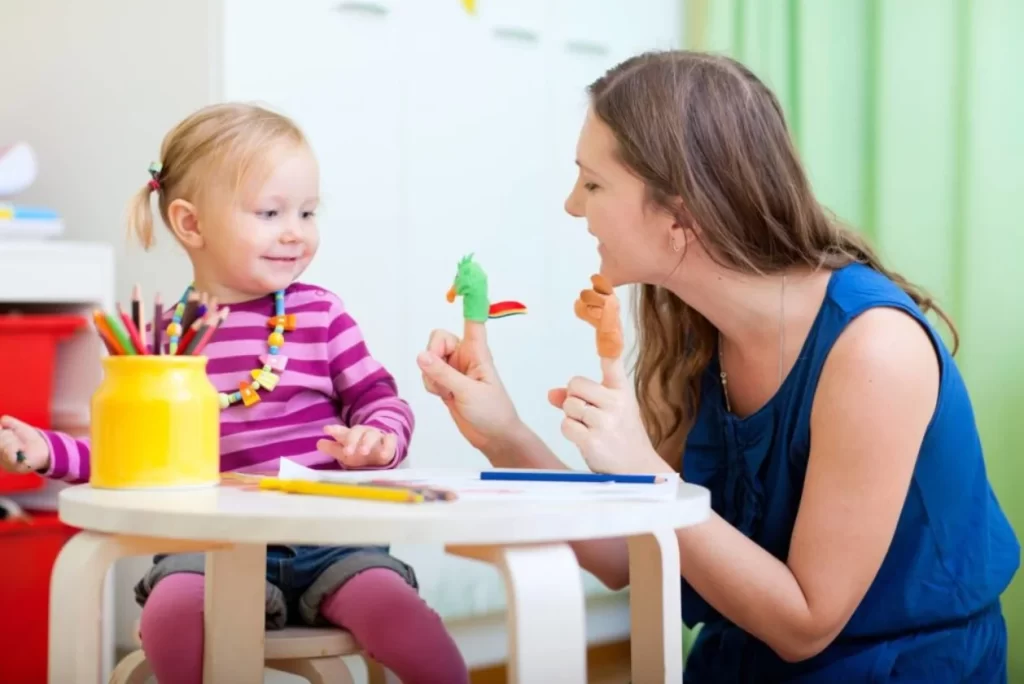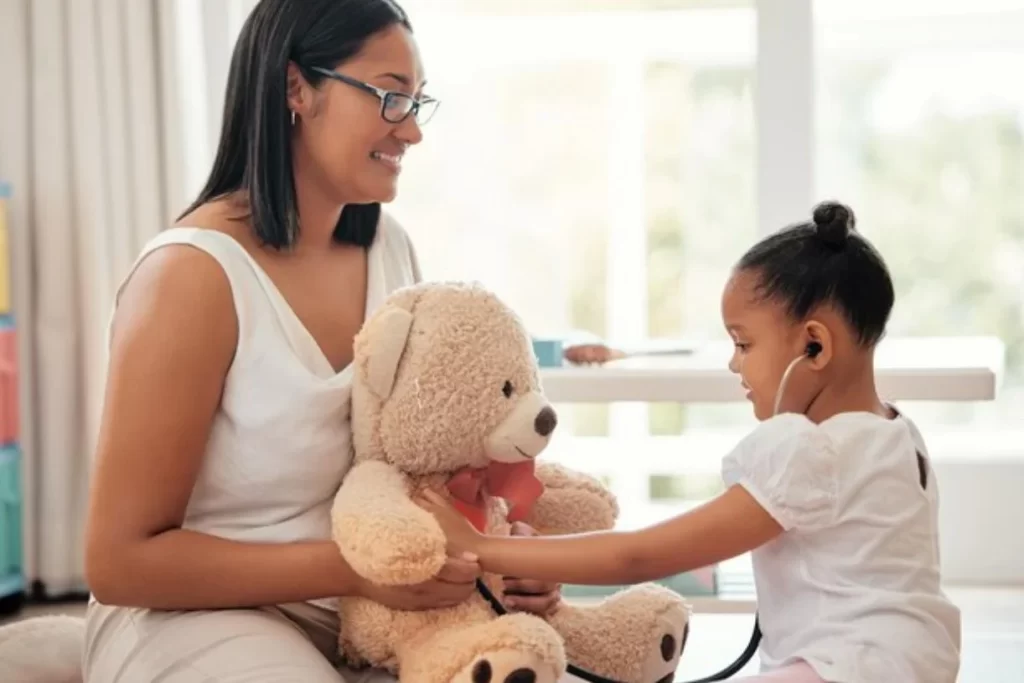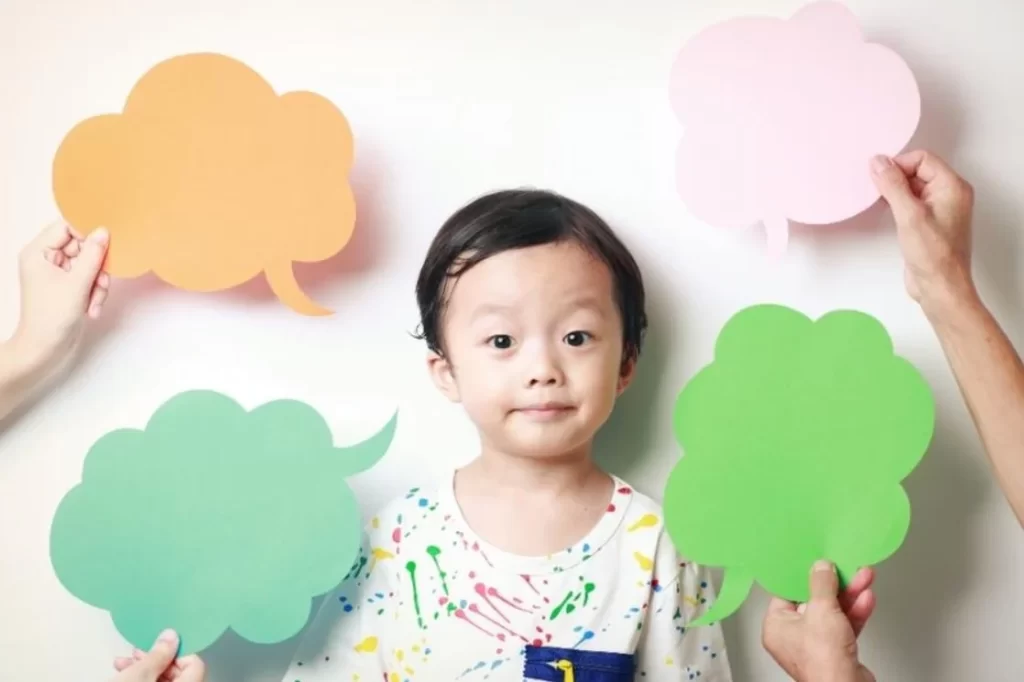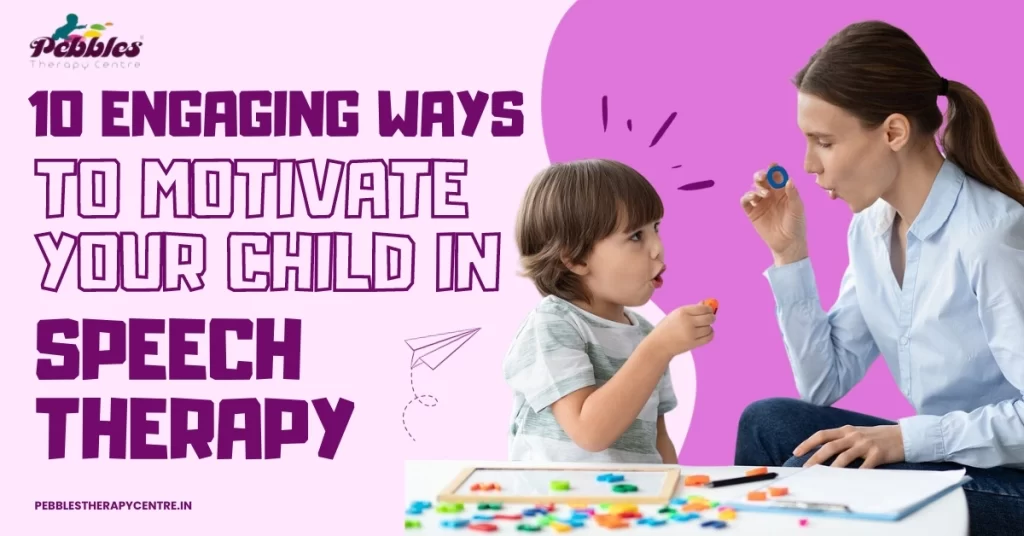10 Engaging Ways to Motivate Your Child in Speech Therapy
Is your child’s speech therapy feeling a little…stagnant? Does getting them to practice sound more like pulling teeth than building vocabulary? Don’t fret, parents! Spark joy back into your child’s speech journey with these 10 engaging ways to motivate your child in speech therapy. Turn drills into delightful discoveries, transform frustrations into playful wins, and watch your child’s progress soar with renewed enthusiasm. Get ready to unlock a treasure trove of fun and effective techniques that will make speech therapy something they actually look forward to!
10 Ways to Motivate Your Child in Pediatric Speech Therapy
When motivation dwindles, though, what then? As parents, how can we reignite that spark and turn those therapy sessions into a platform for growth? You don’t need to worry since we’ve got you covered. Ten useful methods for motivate your child to take part in pediatric speech therapy will be covered in this blog article. Our doable strategies and ideas can assist you in turning therapy sessions into fruitful journeys, from turning practice into delightful outings to commemorating each accomplishment.
Keeping kids engaged in speech therapy can be tricky, but it’s crucial for unlocking their communication potential. Ditch the drills and dive into these strategies to motivate your child in speech therapy:
1. Turn it into Play

- Turn Fun into Function: Let favorite games and toys be the bridge to speech practice. Build castles while discussing shapes, play dress-up and narrate adventures, or create obstacle courses that require following directions. This transforms therapy into motivating activities during speech therapy!
- Get Moving!: Singing, dancing, and active games make learning fun and boost brain-body connections. Play Simon Says, have family dance parties, or create choreographed routines – these can be powerful kids engaged in speech therapy boosters!
2. Make it a Team Effort

- Family Power: Involve everyone! Siblings can ask questions, grandparents can read stories, and even pets can be included in communication activities. This creates a supportive environment that celebrates progress and motivates your child in speech therapy.
- Reward Rewind: Celebrate milestones! Use a simple reward system with stickers, outings, or special privileges to acknowledge even small victories. Positive reinforcement fuels motivation and keeps them moving forward in their speech therapy plan.
3. Embrace Technology

- App-tastic Learning: Educational apps and games can be powerful tools. Find apps targeting specific speech therapy goals and interests. Interactive features and instant feedback keep them engaged and motivated.
- Screen Smarts: Choose age-appropriate educational videos and shows to reinforce speech goals and expose them to diverse vocabulary. This can be a valuable supplement to kids engaged in speech therapy sessions.
4. Read Together Daily

- Book Bonanza: Make reading a daily ritual! Select engaging books with colorful illustrations and repetitive phrases to encourage participation. Ask questions, point out details, and let your child chime in – this turns reading into motivating activities during speech therapy!
- Storytelling Shenanigans: Act out the stories! Use puppets, voices, and sound effects to bring characters and plots to life. This fuels imagination, and language development, and motivates your child in speech therapy.
5. Make it Meaningful

- Connect to Real-Life: Role-play everyday scenarios like ordering food, asking for directions, or navigating a store. This practices speech in daily life activities, making learning relevant and transferable.
- Follow Their Interests: Let your child choose topics for discussion. Talking about dinosaurs, superheroes, or their favorite hobbies sparks their enthusiasm and makes learning feel more like play.
6. Celebrate Progress

- Visualize Success: Track progress with charts, stickers, or a progress board. Seeing their achievements, big or small, motivates children with ADHD medication or other challenges.
- Positive Reinforcement: Focus on effort and progress, not just perfect outcomes. Celebrate every step forward with praise and encouragement.
7. Keep it Short & Sweet

- Short Bursts: Break down sessions into shorter, more manageable chunks. 15-minute bursts of focused practice are more effective than hour-long marathons.
- Take Breaks: Allow your child to rest and avoid burnout. Short breaks can refresh their focus and make speech therapy a more positive experience.
8. Patience & Positivity

- Small Victories: Remember, progress takes time. Celebrate small victories and be patient with setbacks. Every step forward, no matter how small, is a win.
- Focus on Fun: Make speech therapy a positive experience your child enjoys. Laughter, games, and silly voices can make learning feel less like work and more like fun.
9. Partner with Your Speech Therapist

- Open Communication: Communicate openly and honestly with your child’s speech therapist about progress, challenges, and any concerns you may have.
- Creative Collaboration: Work together to develop personalized activities and strategies that keep your child engaged and motivated.
10. Celebrate Every Milestone

- Recognize Achievements: Recognize and celebrate every step forward, no matter how small. This builds confidence and encourages continued effort.
- Share the Joy: Make it a family event! Share your child’s achievements with loved ones, spreading the joy and celebrating their progress.
By employing these tips, you can turn speech therapy into a positive and rewarding journey for your child. Remember, motivation is key! By making it meaningful, celebrating progress, and keeping things fun, you can help your child reach their full communication potential.
Bonus Tip: Look for motivating activities during speech therapy online or in therapy apps. These resources can provide fresh ideas and keep your child engaged in their speech practice.
Consult your child’s speech therapist for personalised guidance and support. They are your partner in this journey and can help you create a speech therapy plan that works best for your child.
Let motivation be your magic wand! These playful practices not only boost progress but also weave a love for communication. Ditch the pressure, celebrate every “sound like!” and “I did it!”, and watch your child’s speech bloom! Turn every session into a joyful adventure where their unique voice shines. Remember, make your child practice speech in daily life activities — laughter and fun unlock the most impactful lessons, and with a sprinkle of creativity and love, you can empower your child to confidently express themselves.
FAQs
Children frequently struggle with social communication, delayed language development, stuttering, and pronunciation issues. Engaging hobbies and targeted exercise can assist overcome these obstacles and increase confidence.
Involve siblings in play-based activities that reinforce speech goals. Encourage grandparents to read aloud and share stories. Unified family support creates a positive environment for progress.
Consistency is key! Aim for short, daily practice sessions (10-15 minutes) integrated into daily routines. Regular practice is more effective than sporadic, longer sessions.
Board games like “Articulate!” or “Boggle” encourage vocabulary building. Singing songs, playing charades, and telling stories all provide engaging opportunities to practice speech skills.
Play therapy provides a safe space for children to express emotions, learn coping mechanisms, and develop healthy social skills through fun, creative activities.
Success requires parental participation. Engage fully in treatment sessions, perform activities at home, and stay in constant contact with your child’s therapist. Your assistance is a vital instrument for advancement.

